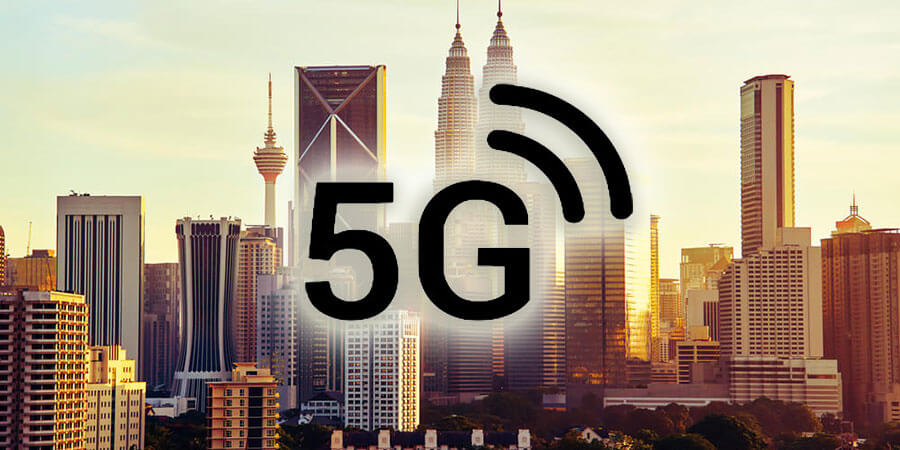As governments around the world struggle to come to terms with the initial banning of Huawei products by US President Donald Trump and the whiplash of his subsequent decision to lift it, Malaysia has taken a firm stance by choosing not to rush blindly into judgment, preferring to approach the subject of 5G cybersecurity in a liberal manner instead of pandering to the West’s seemingly baseless accusations towards the Chinese telecommunications colossus.
According to the Communications and Multimedia Minister Gobind Singh Deo, the Malaysian Communications and Multimedia Commission (MCMC) is currently working on a report known as the 5G Testbed and Trials to ensure a comprehensive plan for high-speed internet deployment in the country. The outcome of these trials, which will be facilitated by the MCMC from April to October of this year, will then establish whether or not a ban on Huawei’s 5G technology is absolutely necessary to protect Malaysia’s cybersecurity interests.
In his keynote speech at the British Malaysian Chamber of Commerce Digital Innovation Conference in Kuala Lumpur in March, Gobind said, “As the nation is enhancing footprints in digital economy development, and with the advent of the newest technologies, we must take into consideration the cyber threat concern and risks. Cybersecurity will be one of the most pressing issues of our time.”
The MCMC has stated that it would take “a broad look at the security compliance issues surrounding 5G” and, despite the commotion surrounding Huawei, it maintains that it is “not focused on any specific supplier.”
“5G will present new opportunities that at the same time open the door to a new set of risks,” a representative of MCMC said. “However, the MCMC is currently collaborating with the National Cyber Security Agency [NACSA] to engage with all mobile operators and equipment suppliers involved in 5G, aimed at identifying the risks to national security and to manage them accordingly.”
Security threats from the utilization of 5G is also being thoroughly reviewed and established by the Malaysian Armed Forces, which will present its findings to the government for further analysis.
The Malaysian Prime Minister, Tun Dr Mahathir Mohamad has previously spoken out against Trump’s policy, outwardly criticizing the US President for what he believes are attempts to secure dominance over China in terms of trade and security. During a recent trip to Japan, Mahathir made it clear that Malaysia will not be following Trump’s lead anytime soon, stating that the country tries to “make use of their [Huawei] technology as much as possible” and snubbed any concerns that it poses security issues within Malaysia.
Malaysia is considered one of the top three ASEAN nations which will be contributing 75% of the cybersecurity market share in the next five years. This in itself demonstrates the immense opportunity and potential the country has in advancing its cybersecurity industry.






